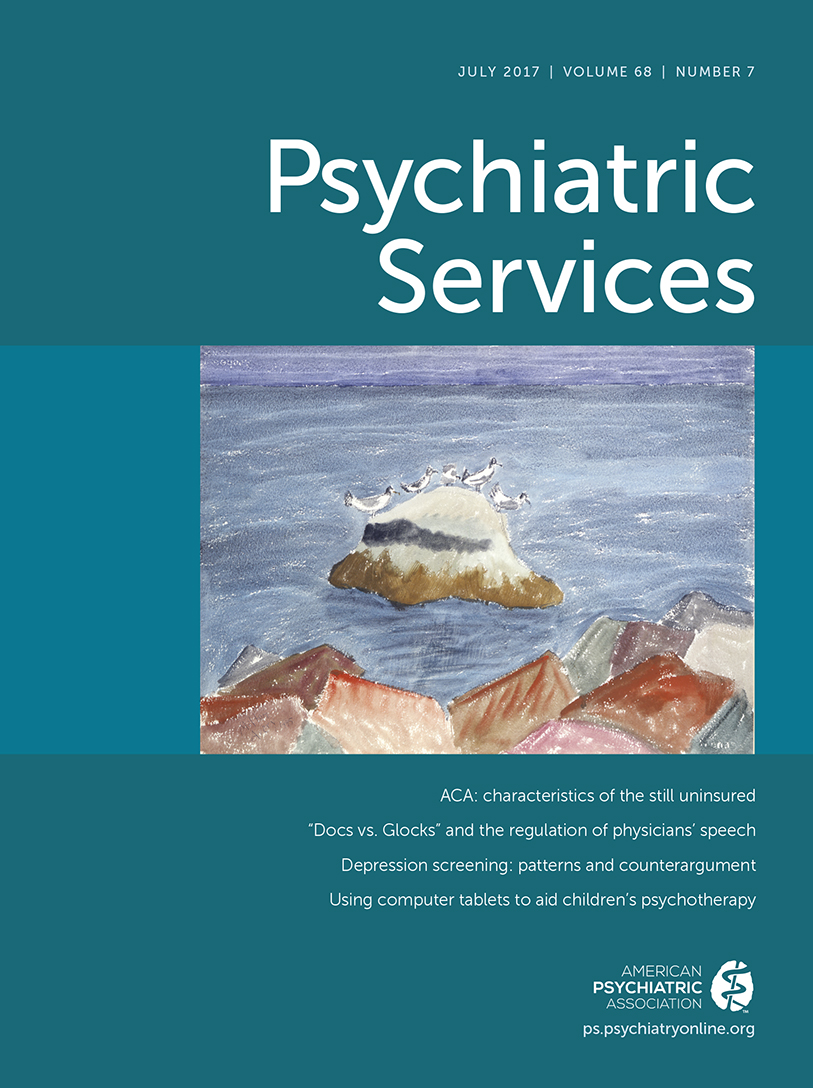Outcomes of Offenders With Co-Occurring Substance Use Disorders and Mental Disorders
Abstract
Objective:
Whether a diagnosis of a mental disorder contributes to the risk of poorer correctional outcomes is controversial. This study aimed to clarify the extent to which mental and substance use disorders individually and in combination contribute to correctional outcomes in order to determine optimal treatment and promote public safety.
Methods:
Differences were examined between four groups of federal offenders in Canada (N=715): those with a mental disorder only, those with a substance use disorder only, those with co-occurring mental and substance use disorders, and those with no disorder. Groups were compared on profiles, criminal histories, charges while incarcerated (institutional charges), and reconvictions after release from incarceration by using chi-square tests and Cox regression analyses that controlled for risk factors.
Results:
Of the four groups, those with co-occurring disorders had the most substantial criminal histories and the highest rates of institutional charges, transfers to segregation while incarcerated, and reconvictions. The group with only mental disorders had outcomes intermediate between the groups with only substance use disorders and the group with neither type of disorder.
Conclusions:
Having a substance use disorder appeared to be the key factor contributing to poorer correctional outcomes for offenders with mental disorders. Psychiatric services in correctional facilities must screen for substance use disorders and, if they are present, ensure provision of treatment to improve quality of life for this population and promote public safety.



